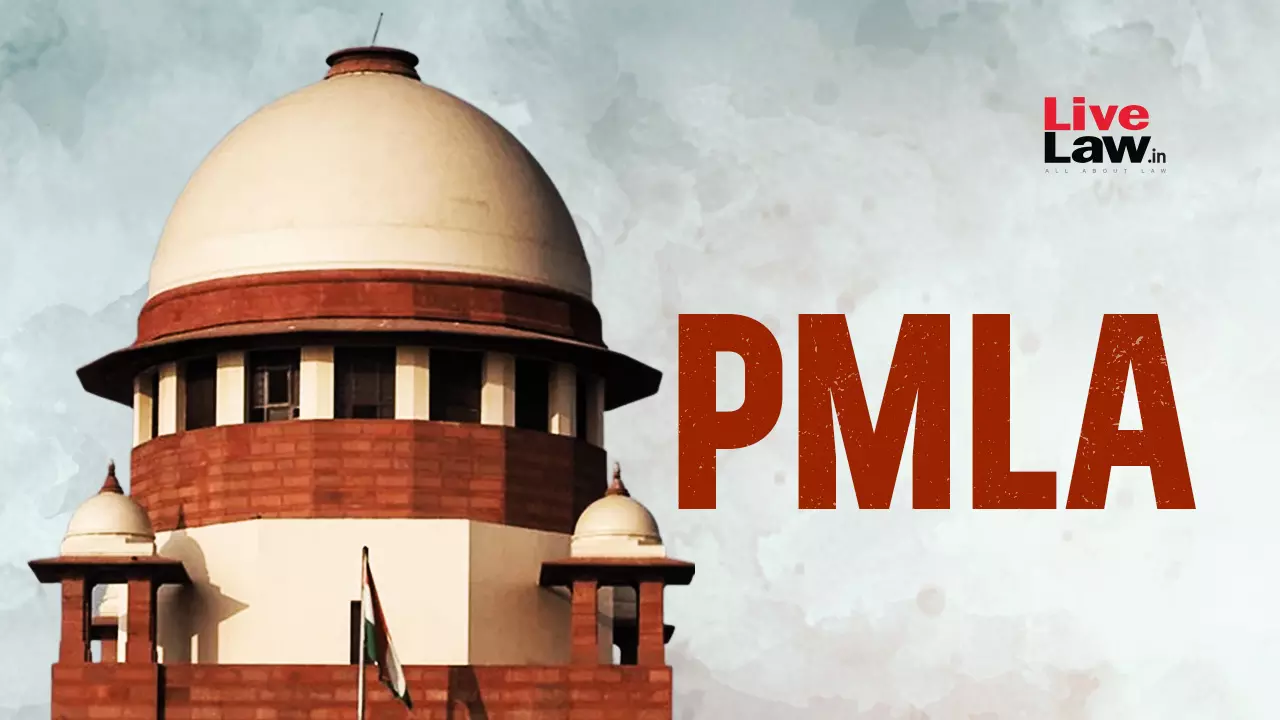 |
|
Supreme Court Judgment on ED Arrests Post Special Court Cognizance
In a landmark judgment, the Supreme Court ruled that the Enforcement Directorate (ED) cannot arrest an accused under the Prevention of Money Laundering Act (PMLA) once the Special Court has taken cognizance of the money laundering complaint.
The court held that if the ED requires custody of an accused after the Special Court has taken cognizance, it must apply to the Special Court. This ruling is a significant development in the enforcement of the PMLA.
Key Implications of the Judgment
The judgment has several key implications:
- The ED is barred from arresting an accused under Section 19 of the PMLA after the Special Court has taken cognizance of the complaint.
- The ED must apply to the Special Court for custody of an accused if it wants to conduct further investigation.
- A bond furnished by an accused under Section 88 of the Code of Criminal Procedure is not considered bail under the PMLA, and the twin conditions for bail under Section 45 of the PMLA do not apply.
Background and Case Details
The judgment arose from a money laundering case where the accused appeared before the court after being summoned but was treated as having been granted bail due to the execution of a bond under Section 88 of the CrPC. The accused challenged this decision in the Supreme Court.
Arguments Presented
The petitioner argued that the bond under Section 88 was not a bail application, while the ED contended that it amounted to bail and the twin conditions under Section 45 of the PMLA should apply.
Court's Reasoning
The Supreme Court, after considering the arguments, concluded that the bond under Section 88 was not a bail application and that the twin conditions under Section 45 of the PMLA did not apply.
Conclusion
The Supreme Court's judgment clarifies the procedures for ED arrests and bail applications in PMLA cases. It strengthens the role of the Special Court in such cases and provides clear guidelines for the ED's actions.
The judgment also ensures that accused individuals are not subjected to unnecessary arrests and that their rights are protected throughout the investigation process.
Source: ED Cannot Arrest Accused After Special Court Has Taken Cognizance Of PMLA Complaint : Supreme Court
